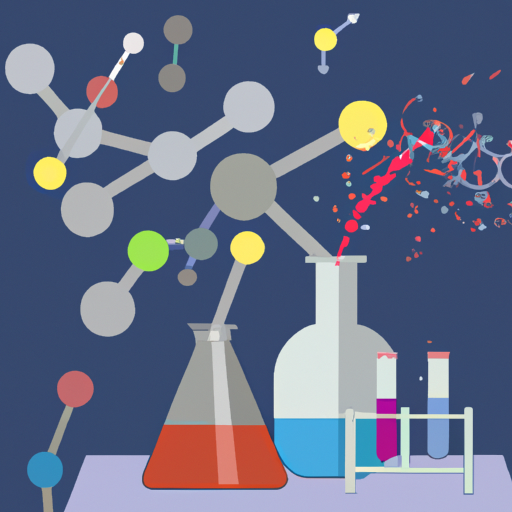
A coagulant is a substance that promotes blood clotting by interacting with proteins in the blood, stemming excess bleeding in the body. Commonly used in medical settings, coagulants play a vital role in surgeries, trauma care, and managing conditions like hemophilia. These agents work by triggering the clotting cascade, a complex process involving various clotting factors.
In water treatment, coagulants are utilized to remove impurities by clustering particles together, making them easier to filter out. Aluminum sulfate and ferric chloride are examples of coagulants employed in this process. They neutralize the charge of particles in water, causing them to clump and settle, resulting in clearer, potable water.
Furthermore, coagulants are integral in the production of various foods such as cheese and tofu. Rennet, an enzyme coagulant derived from the stomach lining of calves, is fundamental in the coagulation of milk proteins during cheese-making. Similarly, tofu production involves coagulants like calcium sulfate or magnesium chloride to curdle soy milk into solid tofu blocks.
In summary, coagulants serve diverse purposes across medical, water treatment, and food industries, showcasing their essential role in promoting health, cleanliness, and food production. Understanding the functions and applications of coagulants is crucial in various fields, highlighting their significance in everyday processes.
